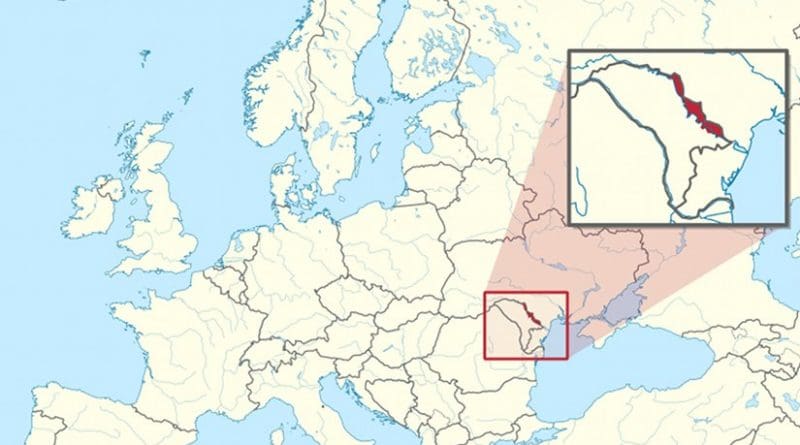Moldova’s Power Deal With Ukraine Angers Transnistria
By Ana Maria Touma
A deal signed by Moldova’s pro-European government to buy electricity from Ukraine instead of a Russian-operated plant located in the breakaway region of Transnistria has drawn angry accusations from Tiraspol.
Moldova’s Ministry of Economy on Monday said the country would now get power from DTEK Trading, owned by Ukrainian billionaire Rinat Ahmetov.
The ministry said the Ukrainian provider had offered a better price than the power plant in Cuciurgan, Transnistria, which operates under Russian Inter Rao.
But the decision has been interpreted as a political move in Tiraspol, capital of the separatist region, where the government stands to lose 100 million US dollars per year, the price Moldova paid for electricity provided by the plant in Cuciurgan, Transnistria’s main contributor to the economy.
The Minister of Economy in the separatist region, Sergey Obolonik, accused Moldova of signing the deal for political reasons – and of rigging the tender.
“There was no tender because the event was carried out with serious violations,” he said.
According to Obolonik, “the Moldovan side deliberately committed these violations to oust the Russian producer of electricity”.
Obolonik said the government in Chisinau had been trying to pressure Tiraspol to allow a Moldovan border post to be put up on the Ukrainian border.
Moldova’s Prime Minister, Pavel Filip, told a talkshow on Tuesday that he sees no problem with the new contract because the Ukrainian provider came up with a better offer.
“The Transnistrians don’t like the fact that we gave up the deal with Cuciurgan and whatever we do, they’ll be there to criticise us,” he said.
He also said that by the end of 2018 Moldova will have solved its gas problem because the European Bank for Investment and the European Bank for Reconstruction and Development, EBRD, had agreed to fund the expansion of the Iasi-Ungheni pipeline to Chisinau.
The deal with the Ukrainian energy group comes as Moldova and Kiev discuss establishing a common border control at Cuciurgan-Pervomaisk in order to curb smuggling.
Tiraspol opposes the move because it believes it could lead to a blockade of the region, and to clashes between Moldovan police and security forces in the separatist region.
“Their presence might generate a conflict between Transnistria’s population and the Moldovan security forces on its territory. It’s like a Molotov cocktail that someone is preparing,” Transnistria’s foreign minister, Vitaliu Ignatiev, said last week during a meeting between Moldova’s President, Igor Dodon, and separatist leader, Vadim Kresnoselski.
Pro-Russian President Dodon and Krasnoselski, who have met regularly since the beginning of the year, agreed to ask Austria’s Foreign Minister, Sebastian Kurz, who heads the Organization for Security and Cooperation in Europe, OSCE, and the Transnistrian-Moldovan negotiations, to summon a meeting on the new border control post with Ukraine.

